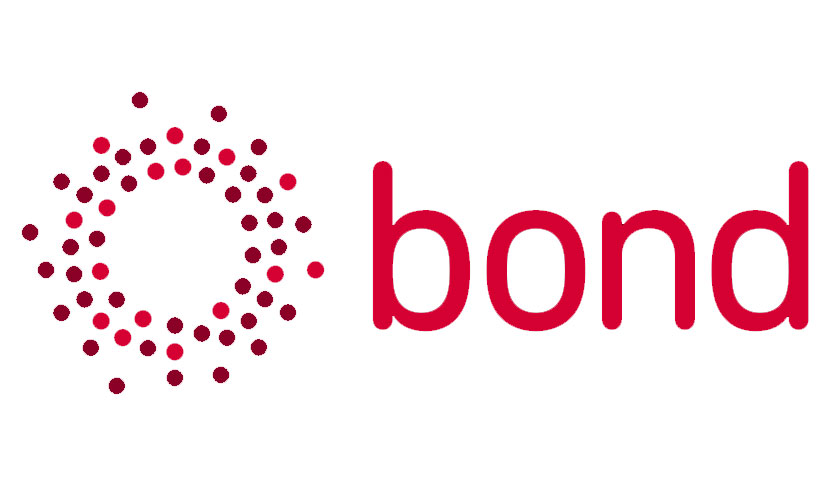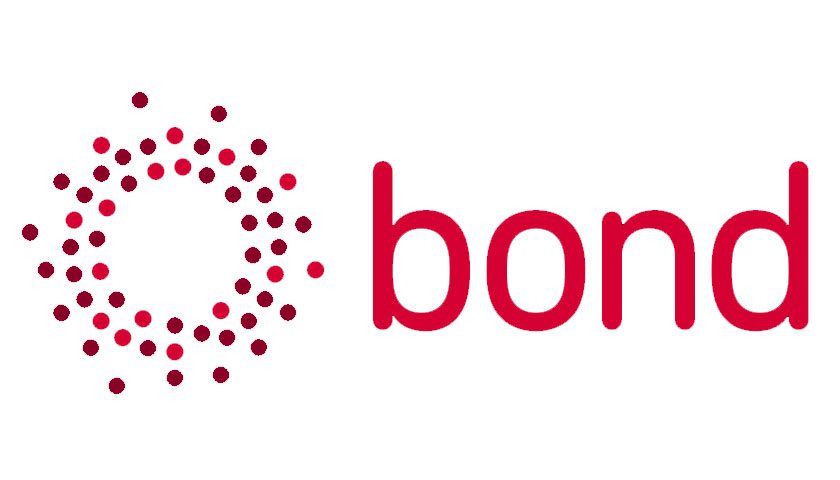Bond, the UK network of international development organisations, has launched a comprehensive guide to support INGOs in becoming locally led. Taking a locally led approach is a means to redress unjust and entrenched power imbalances between them and the communities they work with.
The free online resource, Becoming Locally Led as an Anti-Racist Practice, has been put together by Bond and some of its members including All We Can, SOS Children’s Villages UK, Integrity Action, Transform Trade. It was developed with the support of The Social Investment Consultancy.
A locally led approach to international development is seen as vital to help create a more sustainable, just and equitable world for all. However, NGOs’ commitments to this need to be put into practice for progress to be made – this guide has been designed to make that happen. It will help organisations by looking at every part of their work and breaking down which behaviours and practices need to change if they are to become locally led in each area of the organisation’s work, from fundraising and research to advocacy and communications.
Sarah-Jane, Director for Africa at The Social Investment Consultancy, said:
“As a consultancy focused on supporting our clients to shift power towards marginalised people, communities and countries, we are excited to partner with Bond on this guide. We hope this guide can help to transform international development into more equitable, mutually beneficial and action orientated engagements.
“The past two years have seen international organisations committing to anti-racism and shifting power in response to the Black Lives Matter movement, but action has not followed the rhetoric. We heard from organisations that they don’t know where to begin – so we hope this guide can help them diagnose where the organisations are at and direct them towards steps to begin the transformation. We are happy to join forces to make this journey more practicable.”
Stephanie Draper, Chief Executive at Bond, said:
“Locally led development is crucial if we are to create a more equitable and sustainable development system. We hope this guide will incite action from NGOs and the wider international development community to make the necessary changes within their organisation.
“We all need to adopt new behaviours and mindsets to ensure power is shared fairly and that resources drive more equitable, community-led development. This has become a priority for many in UK-based INGOs, and words must now be put into action to get results.
“Becoming locally led is part of decolonising and decentralising the development system. This is an urgent issue facing the sector, and this guide starts to address that by combining changing practice with challenging power dynamics and recognising the colonial history on which the development sector has been built.”

